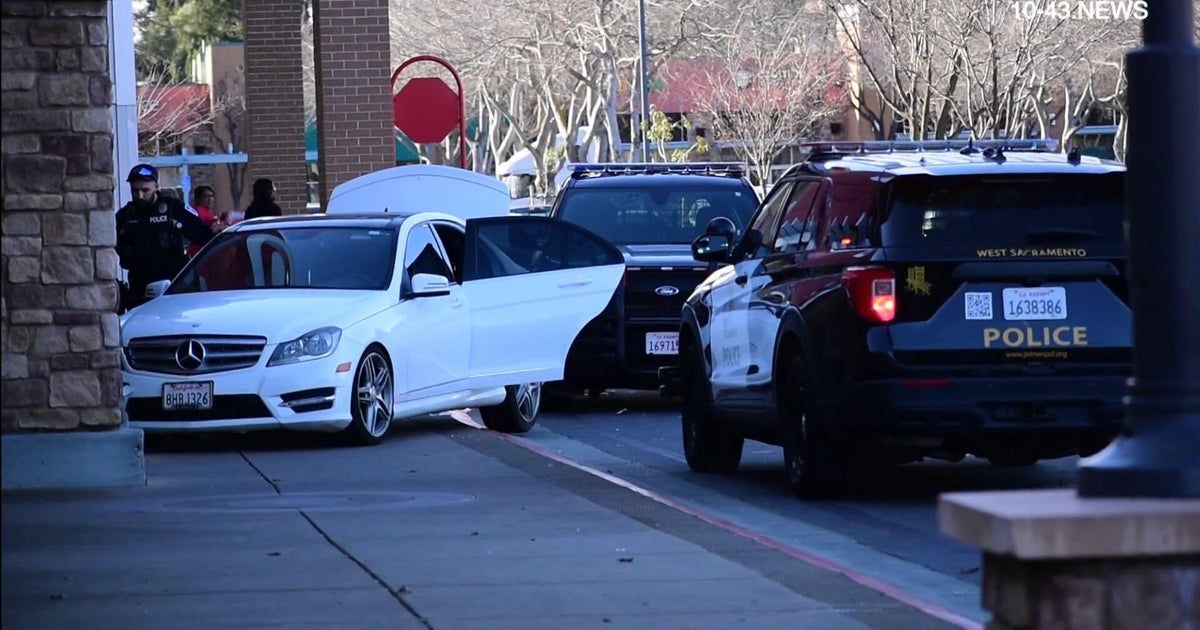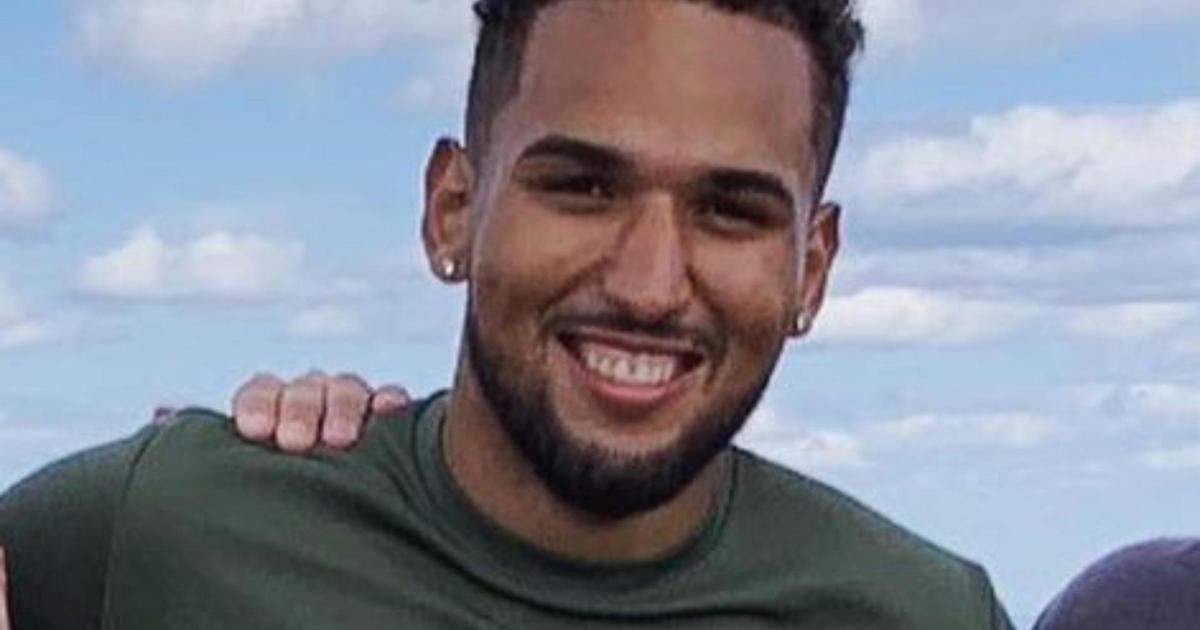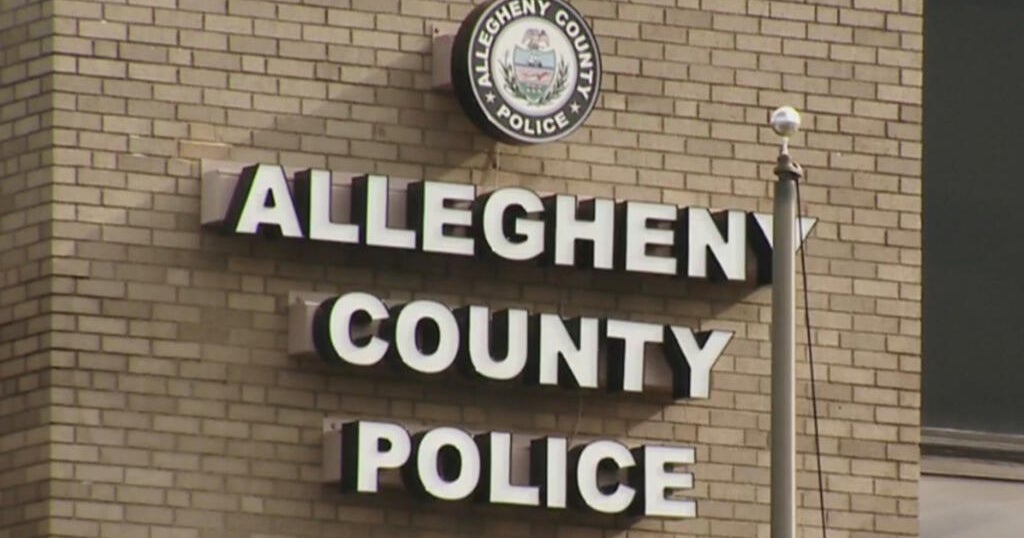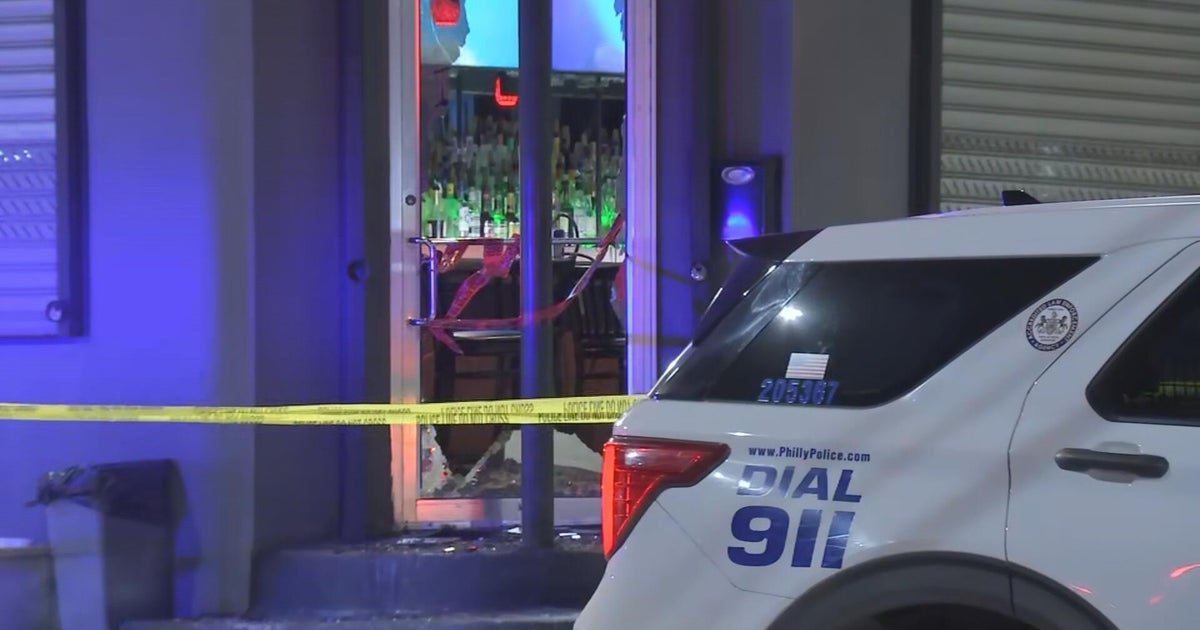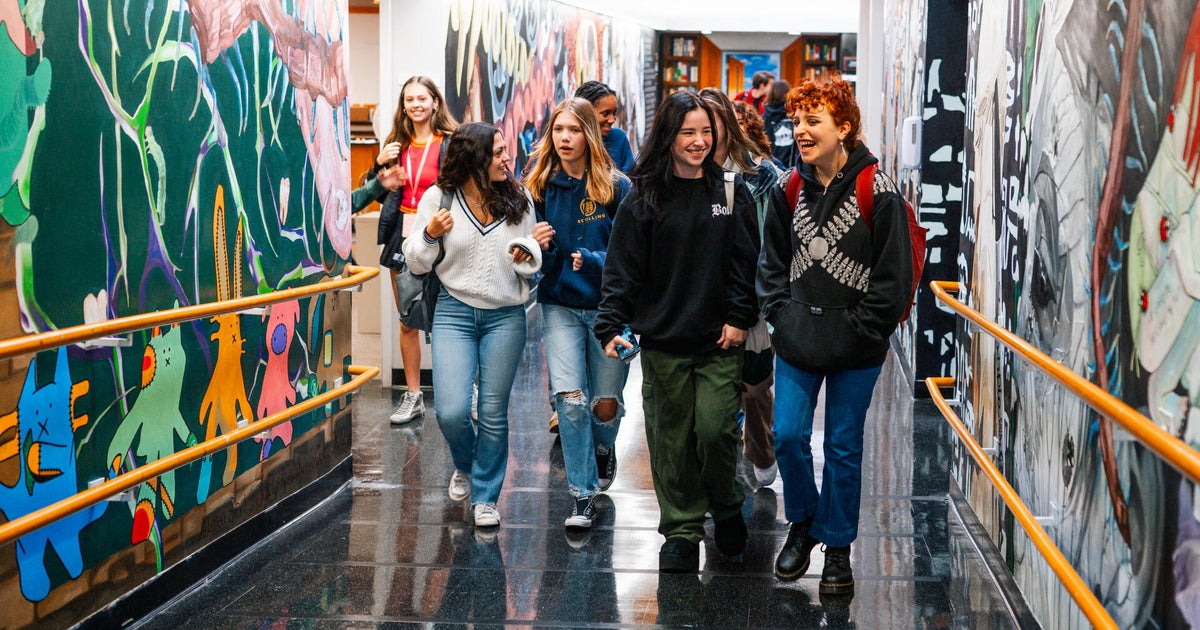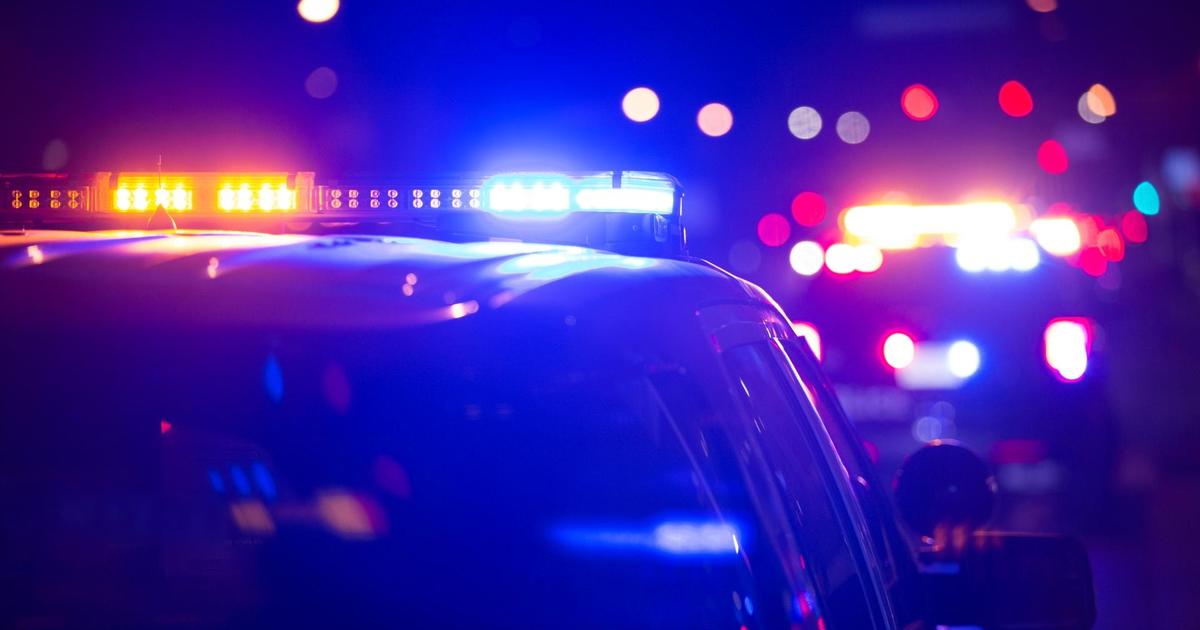Nearly 2 Dozen Arrested In Boston-Area Drug, Weapons Sweep
BOSTON (CBS) -- A major drug sweep operation across Greater Boston led to the arrests of nearly two dozen people and the dismantling of a major drug-trafficking organization Thursday morning.
Ten firearms and five-and-a-half kilos of drugs were seized in raids that took place in Boston, Dedham, Quincy, and Braintree, and focused on members of the Mozart Street Gang. Police also seized $80,000 in cash, a large amount of fentanyl, and other powerful opiates.
"Make no mistake--taking these guns and drugs off the streets will save lives," Suffolk County District Attorney Dan Conley said at a press conference Thursday afternoon.
Many of the suspects appeared in court Thursday afternoon, and were still facing a judge into the evening hours.
Conley called the operation "one of the longest and most successful wiretap investigations in modern Suffolk County history."
"One would have to go back to the days of the mafia, when the wiretap statute was last updated, to find a more effective use of telephone intercepts to climb the rungs of a criminal ladder," he said.
All of those arrested Thursday morning were charged with conspiracy to traffick heroin and fentanyl. Fourteen other suspected members of the gang who were already in custody have also been charged.
"Not only do they rob, shoot, and even kill their business rivals and even innocents that get caught in the crossfire, they're responsible for the overdoses that claim three times more lives in Massachusetts than handguns and motor vehicles combined," Conley said of the members of the Mozart Street Gang.
Some of those targeted in the operation are still being sought. Law enforcement were still hoping to arrest at least one more person, David Medina of Everett, who they said fled to New York. He is considered armed and dangerous.
"We will consider them armed and dangerous," said Harold Shaw, Special Agent in Charge of the FBI's Boston Division. "We're actively looking for the individuals as of right now, and we'll continue to pursue."
The operation began over a year ago to investigate suspected drug trafficker Yohan Gomez, 29, of Roslindale--but soon grew to include those the DA's office say were supplying him.
Authorities say those suppliers include Elizabeth Gomas, 26, of Hyde Park, a woman with no prior criminal history who authorities say was responsible for bringing in large amounts of heroin into the country from the Dominican Republic.
"The primary targets in this operation were not street-level dealers and runners," said Conley. "They were kilo-weight suppliers at the top of the domestic supply chain. They ran a violent drug-trafficking organization that conducted robberies, shootings, and armed home invasions, including two that were foiled as a result of the information that was gleaned from the court-authorized phone intercepts."
About 300 law enforcement members began the raids around 6 a.m. Thursday, moving from one location to the next in and around Boston to execute over two dozen search warrants. It took almost 3 dozen teams to conduct the raids, and Conley said the entire staff of his office's narcotics unit was at Boston Municipal Court Thursday afternoon to arraign the numerous defendants.
One of the locations raided Thursday morning was a brick building on Revere Beach Parkway in Everett. Investigators were seen going in and out of the building for several hours, with a K-9 unit searching the area and a State Police helicopter circling above.
Police also called a towing service to break into a black Dodge Durango there, which was then searched and towed from the scene.
Prosecutors credited wiretaps were the key ingredient in the operation.
"The message here is clear," said Boston Police Commissioner William Evans at the press conference Thursday. "If you're going to be involved in these gangs and guns and drugs, then we're going to be focusing on you, and we're going to put you in jail."
Conley called for the expansion of the wiretap statute, adding that, according to Massachusetts law, wiretaps are only granted in investigations dealing with organized, hierarchal crime organizations.
"But as the Chief Justice of our Supreme Judicial Court has noted in a couple of recent decisions, they could be every bit as valuable in solving murders and other violent crimes if the legislature took the minor steps necessary to bring the statute out of the 1960s and into the 20th century," he said.
WBZ NewsRadio 1030's Carl Stevens reports
